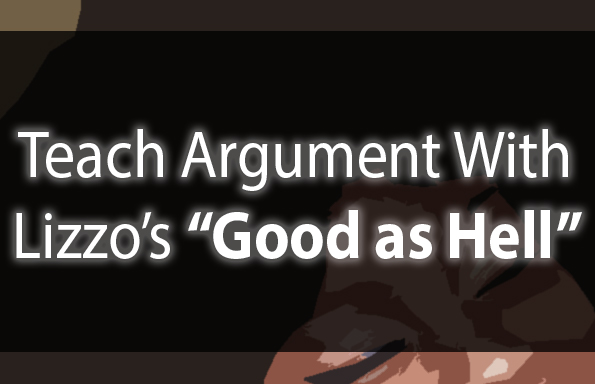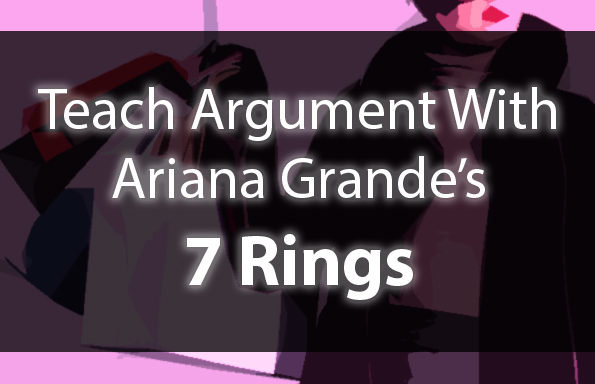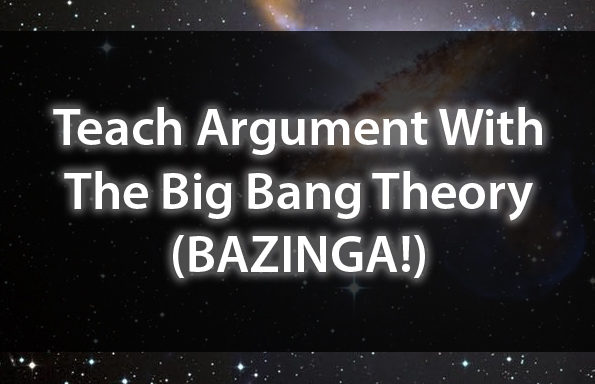To receive free and awesome lesson plans in your email all year long, click here! If you’d like to pay with a PO, request a quote here!
Lizzo’s “Good as Hell” provides us with an incredibly popular and compelling argument to analyze! This lesson bundle is huge, spanning 21 pages! It includes a guided analysis, small group comparative analysis tasks, an awesome synthesis task that prompts students to place Lizzo into conversation with Amy Cuddy’s TED Talk on body language. Scroll down for more details about what this lesson bundle includes!
This lesson is available exclusively to members of the TeachArgument Community. Register now to gain instant access to this, as well as ALL of our pop culture lessons, argument resources, video analyses, and more!
Lesson Description
Wondering what you can expect to find in this lesson bundle? These resources include:
- An eight-page guided analysis that provides students with guiding questions for analysis side-by-side with the text
- An exercise that prompts students to consider the argument through multiple lenses (targeted audiences and varied purposes)
- A small-group task that prompts students to conduct a comparative analysis of Lizzo’s “Good as Hell” and another popular song. (There are five different versions of this handout, each with a different pairing — enabling multiple small groups to analyze different songs before sharing their analyses with the class!)
- An awesome synthesis task that prompts students to place Lizzo into conversation with Amy Cuddy’s TED Talk on body language.
This lesson is available exclusively to members of the TeachArgument Community. Register now to gain instant access to this, as well as ALL of our pop culture lessons, argument resources, video analyses, and more!
Lesson Features
| Grades | 9 - 12+ (language warning, see song lyrics and consider your students' level of comfort and maturity with this kind of language) |
| Focus | Rhetorical Analysis, Close Reading, Intertextual Analysis, Synthesis |




